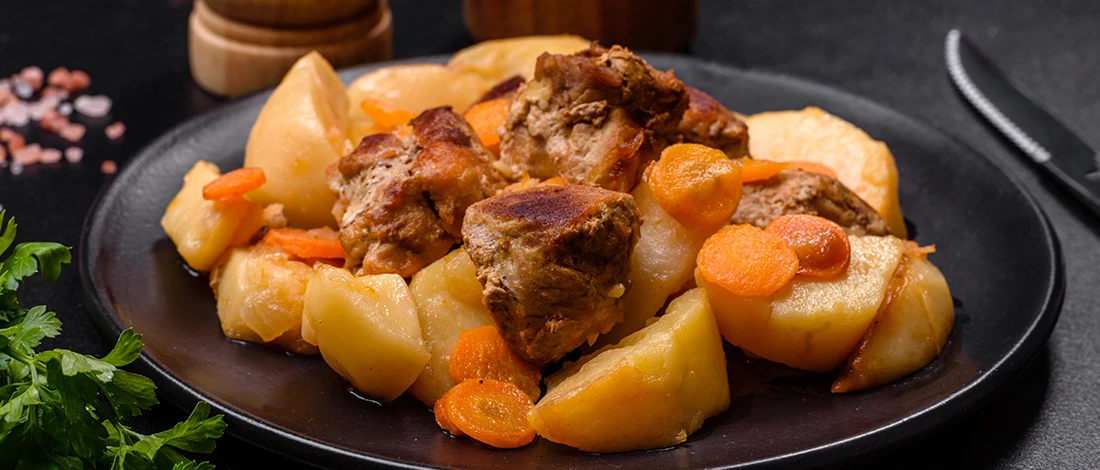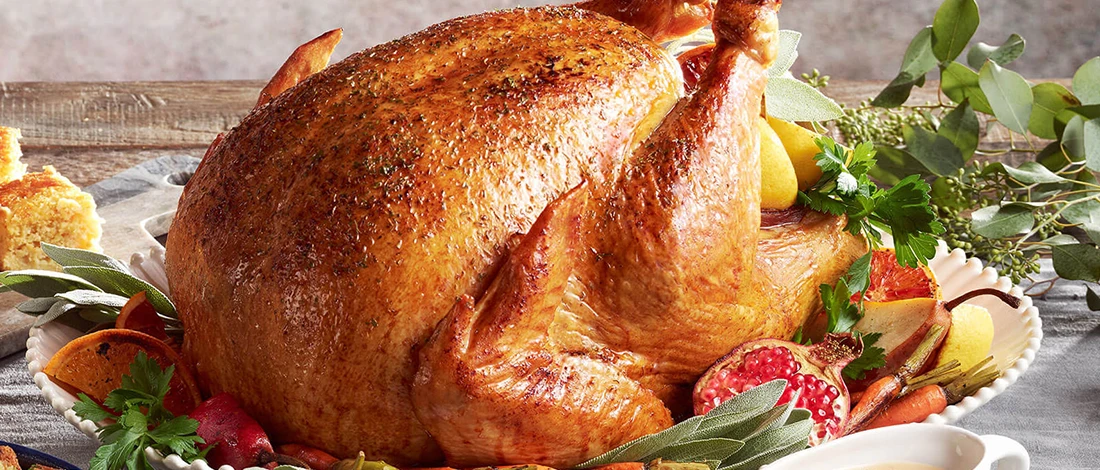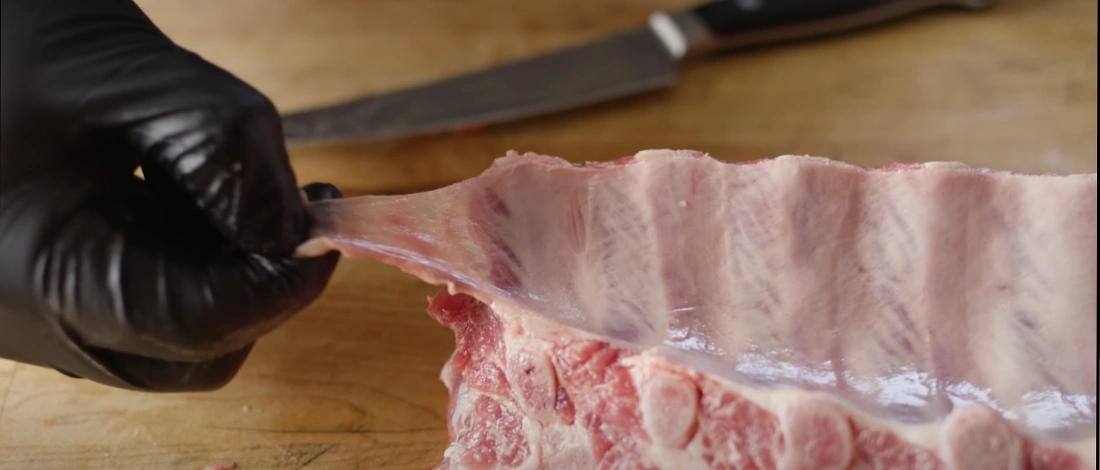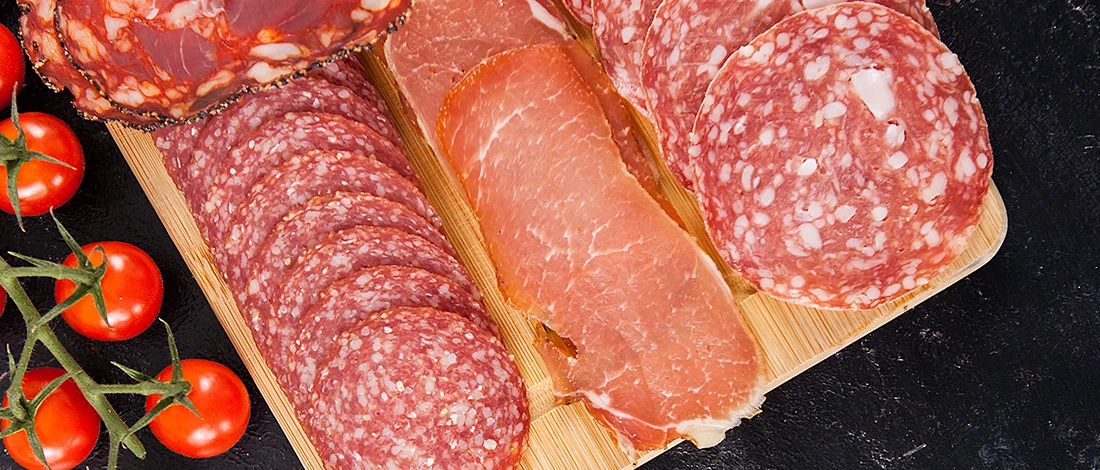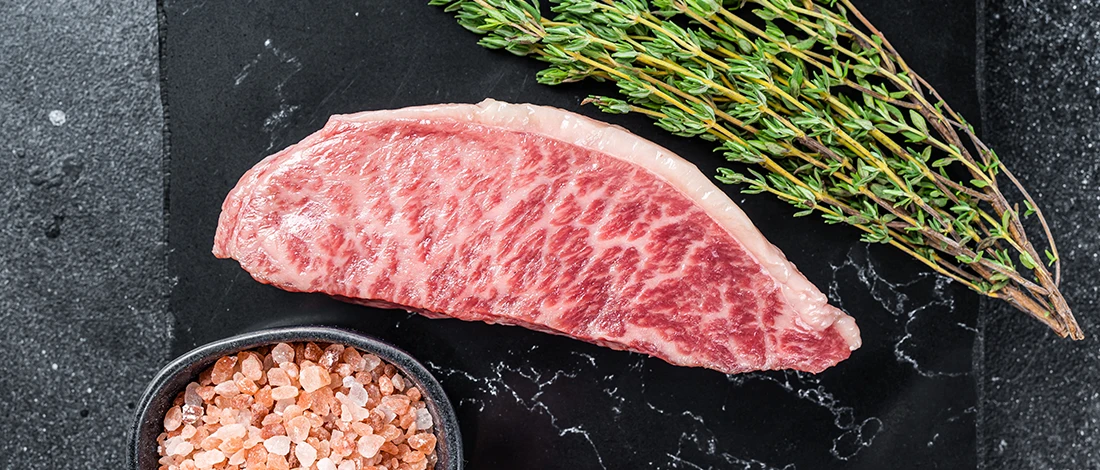I’ve been on a carnivore diet for years and tried all kinds of meat during this time.
Gamey meat remains one of my favorite meat cuts. But, many people are put off by the gamey meat taste.
I spent hours researching and talking with various top chefs to find out what makes game meat taste gamey.
Here’s why you should know about gamey taste and how to improve the flavor of gamey meat.
Quick Summary
- Gamey taste in meat comes from factors like diet, age, hormones, and how it's processed.
- To improve gamey meat's flavor, field dress promptly, soak in brine or milk, remove skin and fat, and avoid overcooking.
- Gamey meats include wild game like deer and birds; soaking in buttermilk can help reduce gaminess.
- If you’re looking for a good meat supplier, including exotic cuts, check out our roundup of the 10 best game meat delivery services.
Reasons Why Meat Tastes Gamey
Gamey refers to a distinct, strong, and sometimes slightly earthy taste that is characteristic of wild game animals or some non-traditional meats.
Here are the most common causes of gaminess:
1. Diet
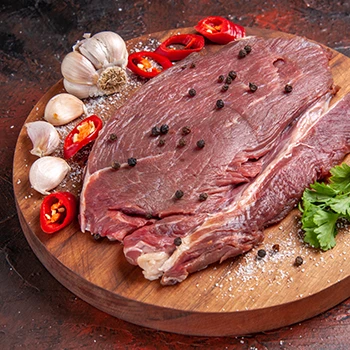
Diet, i.e., what wild animals eat, is the main reason they have a game flavor.
Domestic animals are fed mostly corn. Corn gives a specific flavor to red meat, which we’ve come to see as standard. For example, corn-fed animals have firmer and more saturated fat than animals that eat grass.
Some wild animals eat corn, such as deer, ducks, hogs, and others. But most wild animals don’t eat corn, or at least don’t eat only corn. In fact, many wild animals feed on forest plants.
Smaller game, such as fowls and partridge, eat berries and spruce buds.
This results in a pungent flavor and a very strong fat smell and taste, which isn’t everyone’s cup of tea.
Bigger games, such as deer, eat a lot of twigs and tree branches, which results in a gamey flavor.
The gamey taste also depends on the subspecies, where the animal lives, and what it eats. For example, a deer in the Southwest will taste different than the one in Illinois.
2. Age and Exercise
Another reason wild meat is gamey is the animal’s age and exercise. Wild animals are usually older than domestic ones, and they are more athletic.
The average age for shot deer is several years old, while elk and moose can even be older than ten years.
On the other hand, birds that hunters kill are usually young. Still, even these young birds are older than domestic ones.
For example, a chicken can be as little as five weeks old. However, no game bird will be that young.
Moreover, domestic animals are cared for, so they don't have very developed muscle tissue.
This also means they have less myoglobin, which helps the muscles use oxygen and makes the meat darker [1].
"So blood is going to be surging through the animal’s body at a much more intense level than if it were farm-raised. The type of animal doesn’t matter as much as the environment that it is living in. A domesticated animal is going to have a more subdued taste because it is living a more subdued life."
- Daniel Volponi, Chef
However, even young game animals have to work for a living, and they have to avoid predators.
This means they’ll have strong tendons and dense meat, which all affect the flavor. Plus, they’ll have more myoglobin, which results in darker and less tender meat.
3. Hormones
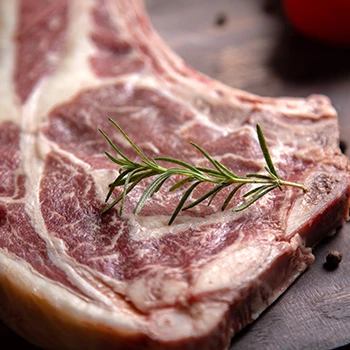
Gamey taste also depends on the animal’s hormones.
For example, a mature buck deer will taste gamey because the buck has testicles that produce hormones. These hormones control antler growth and the buck’s scent.
On the other hand, a doe won’t have the same strong meat scent because it hasn’t given birth yet.
This is also true for domesticated animals. A bull has a strong meat scent, while a cow’s scent is much milder.
4. Not Processing on Time
All the above reasons why meat gets a gamey taste are due to nature.
But animals can also taste gamey because of human errors. One of the biggest human errors is if the hunter waits too long to process the meat after the kill.
If you kill a doe or a moose, process the meat after the kill with proper cleaning and store it in a cool place; it won’t taste very gamey.
But, if you make a kill, throw it in the back of your vehicle, and drive with it the rest of the day while you make more kills, you’ll end up with gamey meats.
This is especially true during hotter months, as air temperature impacts the game meat.
5. Overcooking
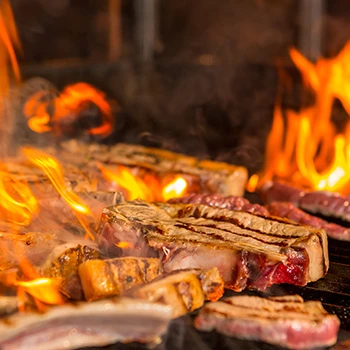
Another reason for gamey meat is overcooking. Many people think gamey meat should be cooked for longer.
This isn’t true. In fact, the longer you cook game meat, the stronger the flavor.
No matter your cooking method, you shouldn’t cook gamey meat past medium-rare or risk it turning tough and livery.
In general, game meat cooks fast because there’s little fat.
6. Hanging
Finally, meat tastes gamey because of aging or hanging. For example, if you dry-age venison steaks for a month, they’ll get savory notes.
This goes even more for birds. A fresh pheasant will taste like chicken. But, a well-aged pheasant will be gamey.
The best aging time is between 5 and 14 days. Make sure to keep the meat in a cool place. Check it from time to time, and add more ice. Otherwise, you’ll end up with a gamey tang.
Tips for Making Gamey Meat Taste Better
Taming the strong, gamey taste can be a challenge.
Here are some tips for making gamey meat taste better:
1. Field Dressing and Skinning
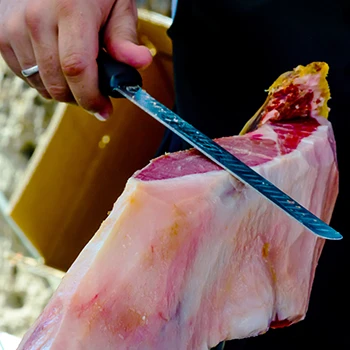
The first step in preventing meat-tasting gamey starts right after the kill. You need to gut the animal and cool it as soon as possible.
This can be done on the property where you’ve made the kill, or you have to take it home.
The longer you leave the animal in the field, the gamier it’ll taste.
This happens because enzymes break down inside the animal; the hotter the weather, the faster it happens. This is why I like to skin the animal on the field if I can.
If you have to transport the animal far away, field-dress it first. Make sure not to puncture any organs. Hang the animal once you’ve arrived at your skinning location.
Some hunters think it’s necessary to hang and bleed an animal for a few hours after gutting.
If you shoot through the vitals, it’ll bleed out naturally, but if you notice blood remains in the muscles, you should get rid of it. Blood in the muscles will make the meat taste gamey.
Here’s how to skin the animal to avoid gamey and metallic flavor:
- Cut with the blade pointing away from the meat. This avoids hair getting all over the meat.
- Don’t puncture any organs, or the acid can get into the meat.
- Don’t take too long. You should put the meat on ice as soon as you’re done skinning.
2. Soak and Brine Game Meat
You can brine deer meat in a ratio of 1/4 cup of kosher salt and 1 quart of water.
Leave the meat in the brine overnight. Saltwater brine is a popular choice because it sucks out the gamey flavor.
Don’t forget to wash the meat before cooking, or you’ll have an overpowering salt taste.
You can also soak the meat in the milk. This works especially for the organ meat of big game animals. Leave it in the fridge overnight.
You can, alternatively, use a red wine soak. This is a good solution if you plan to cook deer meat in a stew. Boil the wine first, then cool before placing the meat in the soak.
You can leave the wild meat in the red wine soak for several days in the fridge.
Many hunters also like to soak game meat in vinegar. But my advice is to be careful with vinegar because it often dries out the meat and makes it very tough.
Instead of vinegar, try soaking in buttermilk, especially if you have backstraps.
Finally, you can buy a premade marinade. There are several available on the market. These can also help remove blood from the meat, so you only have the tissue.
Also Read: How to Tell if a Turkey Has Been Pre-Brined?
3. Remove the Skin
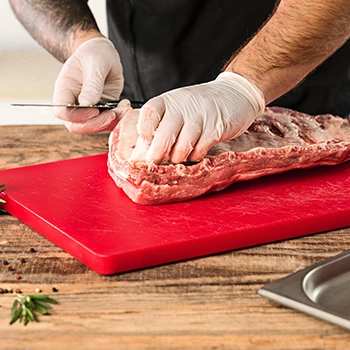
You should remove the skin and connective tissue before cooking game meat, especially if you’re cooking game birds, such as pheasant.
If you don’t remove these in big game meat, you can end up with very strong tissue.
Use a small knife or a fork and remove the fat from the meat. We are used to fat adding flavor to the beef. However, that’s not the case in game meat.
Deer fat can make the entire house smell bad, and people with sensitive stomachs won’t be able to eat it.
4. Shot Placement
Shot placement is a matter of expertise and luck. But, if you make a clean shot, the animal dies quickly and won’t ruin your meat.
Another place to avoid shooting is the digestive system or a gut shot. Even if you clean the animal quickly and cool it down, bile and acids can soak into the meat and make it taste gamey.
I advise avoiding headshots because they can get messy and smelly. Instead, aim for behind the front shoulder, heart, or lung.
Related Articles: Best Wild Game Meat Delivery
FAQs
What Types of Meat Are Gamey?
The types of meat that are gamey include bird games like pheasant, squab, quail, guinea fowl, partridge, duck, and turkey. Small games can include hare, rabbit, and squirrel, while big games can include elk, deer, bison, venison, buffalo, and boar.
What Do You Soak Deer Meat in to Get Rid of the Gamey Taste?
You soak deer meat in buttermilk to get rid of the gamey taste. This pulls out the blood from the meat and removes the gamey taste.
Does Grass-Fed Meat Taste Gamey?
Grass-fed meat tastes gamey. This happens because grass-fed meat has a high level of Omega-3 fatty acids.
Does Wagyu Beef Taste Gamey?
Wagyu beef can taste gamey to some people because it has an intense flavor. It also tastes like a strong beefy flavor because it has a lot of fat, which gives it a strong flavor and tenderness.
References:
- https://www.exploratorium.edu/cooking/meat/INT-what-meat-color.htmlanged.
- https://www.tctimes.com/news/wild-game-is-the-healthiest-meat-one-can-eat/article


